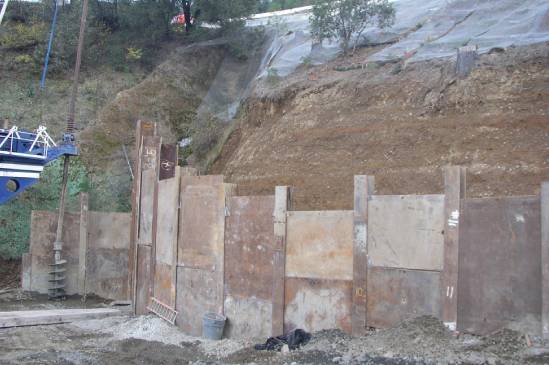Geotechnical Engineering Services
GEOPlus Partners analysis of geotechnical conditions is performed utilizing proven methods as well as modern technology, as appropriate.
Geotechnical Engineering entails collecting specific information about site soil, rock and groundwater conditions, testing soil and rock in the field and laboratory to evaluate engineering parameters like strength, permeability, expansion, and compressibility, performing analysis to estimate the likely performance of planned improvements relative to soil/rock conditions, and finally, preparing a report presenting design and construction recommendations for planned improvements, including:
GEOPlus Partners’ engineers and geologists have extensive experience evaluating site conditions and developing effective strategies to mitigate potentially adverse site conditions that can increase the cost of development. GEOPlus Partners has provided geotechnical services for many types of projects including:
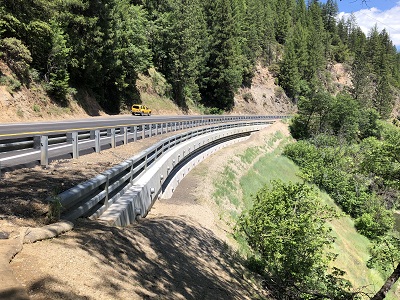
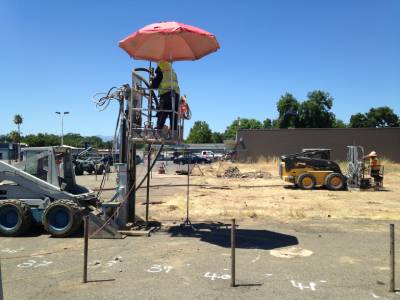
Environmental Engineering And Hydrogeological Services
GEOPlus Partners client-oriented approach is designed to benefit the outcome of your project relative to environmental due diligence, entitlements, project development permitting, AAI, and regulatory compliance.
Environmental engineering services provided by GEOPlus include:
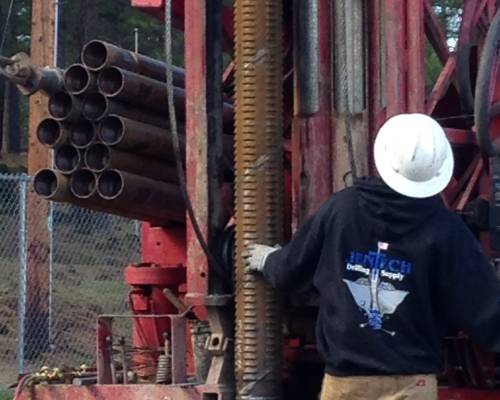
GEOPlus Partners professionals have extensive experience with groundwater resource development as well. Hydrogeological services we provide include:
We have provided environmental and groundwater resource consulting services for such projects as:
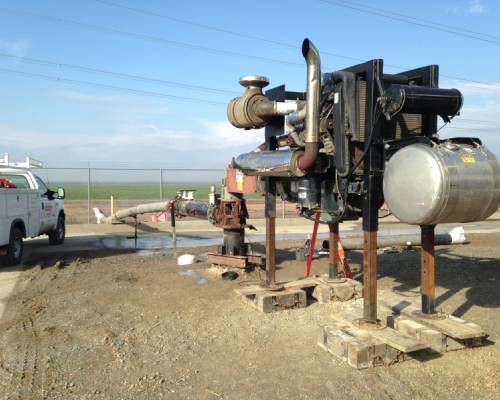
On-Site Waste Water Treatment Services
GEOPlus Partners assists new and existing homeowner’s requiring on-site waste water disposal systems in assessing site soil, rock and groundwater conditions impacts, and selecting an appropriate system that satisifies current County Environmental Health Department requirements.

Recent changes by the California Water Quality Control Board’s disposal requirements have imposed more stringent standards to the discharge to groundwater from on-site waste disposal systems, with greater emphasis on the percolation characteristics of the site and separation from historical or anticipated high groundwater.
Preliminary site work consisting of a desk survey of available soil and geologic maps, as well as experience in the area so that likely disposal site conditions potential impacts on disposal system type can be considered when siting the disposal area.
Dispsoal site soil, rock and historic groundwater characterization is then assessed by logging the soil/rock conditions exposed in test pit excavations. Soil characteristics including particle size and distribution, presence of mottling, structure, consistence, roots, pores and boundary conditions between soil horizons.
Based on the soil and evidence of historical groundwater conditions the suitability of various potential systems including conventional in-ground disposal trenches to above ground engineered systems are considered to select an appropriate depth for percolation testing.
Percolation testing consists of excavating and preparing from 3 to 6 excavations and installing test apparatus that reduces impacts of side wall sloughing and facilitates measuring test water levels is performed and a range of infiltration rates measured.
Data reduction leads to selecting an appropriate design for the site condition. If a conventional leach line dispersal system is not feasible, designs for supplemental treatment and/or dosing systems including recirculating sand, mound and/or proprietary systems are prepared.



